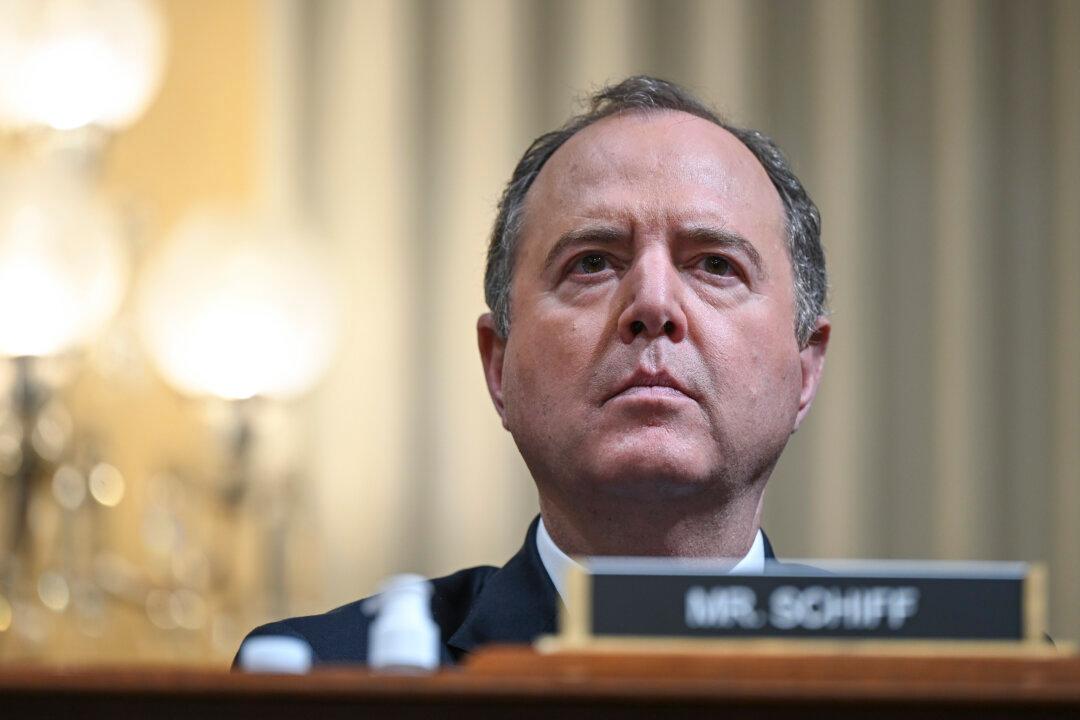Rep. Adam Schiff (D-Calif.) and Sen. Sheldon Whitehouse (D-R.I.) on Jan. 30 sent a letter to Meta urging the tech giant to reverse its decision to reinstate President Donald Trump to Facebook.
Trump was initially removed from Meta’s social media platforms Facebook and Instagram in January 2021 following the Capitol breach. At the time, Meta claimed that Trump was responsible for the breakdown of order at the Jan. 6, 2021, rally as its justification for removing the then-sitting president from the world’s largest social media platform.





